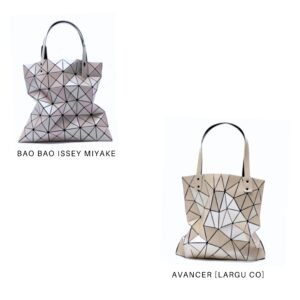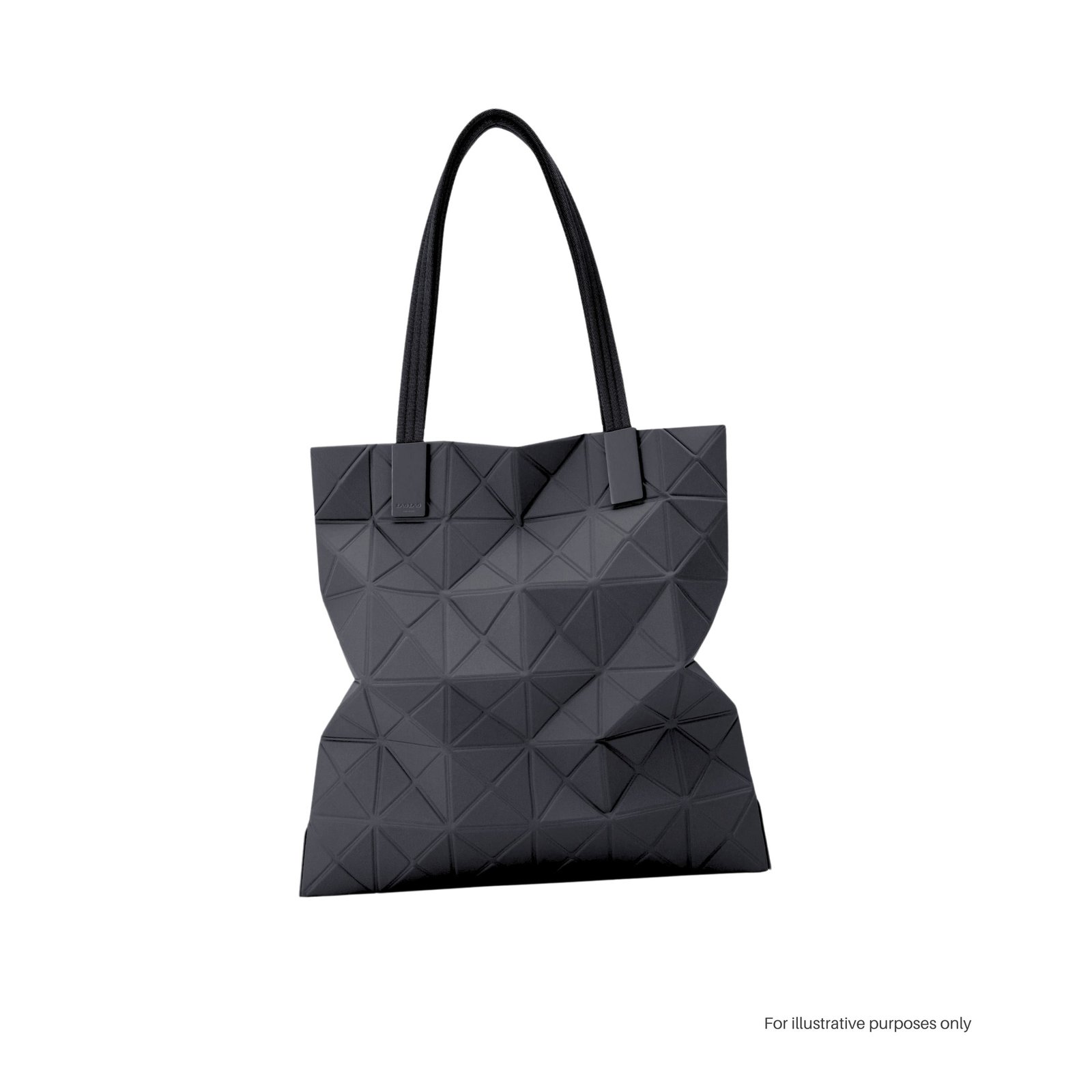The Tokyo District Court has ruled in favour of ISSEY MIYAKE in a dispute concerning the well-known BAO BAO bag, awarding damages of JPY 71 million against Largu Co., Ltd. The case confirms a clear legal position in Japan: creative design, once commercially distinctive, is protectable under the Unfair Competition Prevention Act.
BAO BAO: Not Just Another Bag
The BAO BAO ISSEY MIYAKE bag is known for its tessellated triangular structure, which gives the product a geometric and transformative appearance. As it moves, the surface flexes and shifts, producing a dynamic, three-dimensional effect. This structural concept has become closely associated with the brand, setting it apart from typical bag designs on the market.
More than a functional product, BAO BAO has become a visual identifier, blending aesthetics, engineering, and identity. Over time, this design has gained widespread recognition and a loyal customer base, particularly within the fashion and design communities.
Largu’s Avancer Bags
Largu Co., Ltd. introduced a line of bags under the brand name “Avancer,” which adopted a visually similar triangular structure. Sold at significantly lower prices, these products targeted the same consumer market and created what the court described as a comparable visual impression. While Largu argued that its design featured slight differences in shape and execution, the court held that these were not enough to avoid confusion.

The issue was not whether the two products were identical, but whether the imitation appropriated the visual appeal and commercial value built by ISSEY MIYAKE’s design.
The Court’s Take
The court found that the BAO BAO bag’s triangular configuration had acquired distinctiveness as a source identifier. Under Japan’s Unfair Competition Prevention Act, this kind of design, when closely associated with a particular business, may be protected if imitation is likely to cause confusion among consumers.
Largu’s defence that the price point and structural differences distinguished its products was dismissed. The court concluded that the overall appearance and impact of the Avancer bags were too close to the original. The design’s recognisability, rather than just its functionality, was central to the ruling.
As a result, Largu was ordered to cease production and sale of the bags that violated ISSEY MIYAKE’s rights and to pay substantial damages.
Copyright Claim Dismissed
Interestingly, ISSEY MIYAKE also pursued the matter under copyright law, but the court rejected this claim. It found that the BAO BAO bags, being mass-produced items, did not meet the threshold for protection as artistic works. However, the absence of copyright protection did not weaken the brand’s legal position. The Unfair Competition Prevention Act provided sufficient grounds for enforcement based on the distinctiveness of the design.
A clear line for brands
When a design gains recognition in the market, it earns legal protection. The court recognised that the BAO BAO bag’s distinctive triangular form had become closely associated with ISSEY MIYAKE and that Largu’s similar design created the same overall impression. Slight differences and lower pricing were not enough to avoid infringement.
What matters most is whether consumers could be confused into thinking the product is linked to the original brand. Copying a distinctive design risks not only legal consequences but also undermines the trust a brand has built with its audience. True and lasting value comes from creating original designs that form the foundation of a brand’s identity and future growth.
Sources:
.https://blog.marks-iplaw.jp/2019/07/21/bao-bao-issey-miyake/
